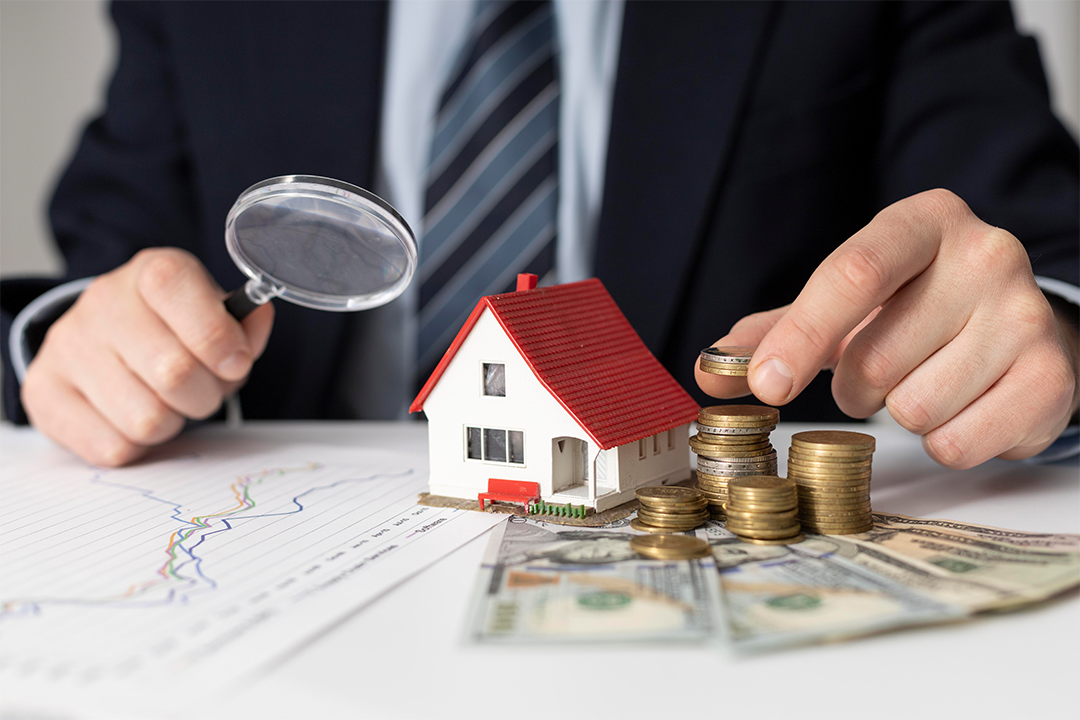Smart home technology is an emerging trend in home improvement. While it's not yet mainstream, it has the potential to become just as important as other household upgrades, like replacing your roof or adding central air conditioning. Smart homes help homeowners use energy more efficiently and save money on their electric bills. They can also provide a secure, comfortable environment for you and your family.
Smart home technology offers a level-up home improvement.
If you're looking for a level of convenience that will make your house super comfortable yet energy efficient, smart homes can help. These automated systems typically include a variety of sensors that monitor temperature, humidity, and other factors in your environment. The information collected can be used to adjust lighting or air conditioning settings automatically based on the weather outside. Aside from saving money on energy bills by making it easier for homeowners to conserve their resources efficiently, these systems also allow homeowners more time-saving convenience by automating tasks like turning off lights when no one's around or adjusting temperatures even while they're still sleeping!
Smart homes are not new--they've been around since at least 2014--but they're becoming more popular due to advances in technology, making them cheaper than ever before. This means anyone can get started experimenting with smart home devices without breaking bank accounts!
Smart homes can help you save power and money.
You may save money and energy with smart homes, which is one of their biggest advantages. Smart home technology, such as energy-efficient appliances, allows you to control or reduce energy use by up to 30 percent compared to traditional models.
Smart water meters also allow homeowners to monitor water usage in real time, which means they can detect leaks before they become costly repairs or even health hazards. A smart water meter will alert homeowners when there is a leak so they can take action before any damage occurs--saving both money and peace of mind!
Smart home systems work together to save energy.
A smart thermostat at home can help you manage your cooling system more efficiently so it only operates when necessary. A smart appliance can use sensors to determine whether you're home or away, turning itself off when no one's there. Smart lighting systems are equipped with motion sensors that dim or brighten as needed based on activity levels in different rooms of your home--and they'll even turn off if nobody has been detected in a specific time period, like overnight while everyone sleeps. And lastly, smart security systems can detect when windows are open, or doors unlocked--allowing them to alert you before intruders enter through an unsecured entry point.
Smart home technology helps you monitor your energy use.
Just like an Apple Watch as your health tracker, smart home devices will track how much power is being used by different appliances and devices in your home. This information will then be used to reduce your overall energy consumption.
Smart home technology also has the ability to save money on electricity bills since it automatically turns the lights off when no one's in a room or shuts off appliances when they're not being used. In addition, some smart thermostats have settings that allow users to set timers for their heating systems so that they don't run all day if no one's at home--saving both power and money!
Homeowners can control their smart homes remotely.
Smart home technology helps homeowners to control their homes remotely. You can check your security cameras, adjust the temperature, and more. You can also schedule your home to do things automatically using smart scheduling features. If problems occur with any of your devices, you'll receive alerts so that you can get it fixed quickly.
Smart technology also offers the best security features.
With smart home systems, you can receive notifications on your phone if there's any unusual activity around your house. For instance, it will generate an alert to let you know that anything is wrong if a window is opened or closed abruptly or if someone opens the door without adequately inputting the code. Even if a door is not set up as an entry point into the house, the system can alert you when it suddenly opens or closes or when a specific light goes out. This allows homeowners to more easily keep track of who is coming and going throughout their day while they're away from home (or even sleeping), which can help prevent break-ins when used properly!
Smart home technology not only enhances your home but also improves your habits.
Smart home systems can help you live more sustainably, save money and time, and improve comfort levels.
Save Money: Many smart home appliances are designed with energy efficiency in mind, meaning that they'll use less electricity than their non-smart counterparts.
Save Time: The ability to control various aspects of your home remotely means that it's easier than ever before for people who work outside the house all day.
Parenting: Allow yourself to have peace of mind while at work, where you can see your child's activity at home. There are also apps like Find My Kid, where you can locate them in real-time.
Homeowners can benefit from energy efficiency in their smart homes.
You may conserve energy with the use of smart home technology, which is advantageous for both the environment and your wallet. If you're a homeowner, smart home technology can provide multiple benefits, including:
Saving money on utility bills.
Improving energy efficiency habits.
Environment-friendly choices.
Monitoring energy use remotely via app or web browser.
These features make it easier for homeowners who live far away from their property to keep an eye on things without having to visit often!
Smart home technology can offer numerous advantages, but it is appealing to everyone who loves to save energy and reduce their carbon footprint. Here are some of the benefits:
Automated control: Smart home devices can be programmed to turn off lights, adjust thermostats, and control appliances automatically. This means that you can save energy without having to manually adjust each device.
Remote control: With smart home technology, you can use a smartphone to control your equipment from anywhere. This means you can switch off lights and regulate the thermostat even when you're not at home, saving energy and money.
Energy monitoring: Smart home devices can provide real-time data about your energy consumption.
Integration with renewable energy: To help you reduce your carbon footprint and save more money than spending it on energy bills. Smart home technology can be used in conjunction with solar panels or other similar renewable energy sources.
Overall, smart home technology can assist you in conserving energy, lowering your carbon footprint, and lowering your energy expenses. I hope you found this information useful!



